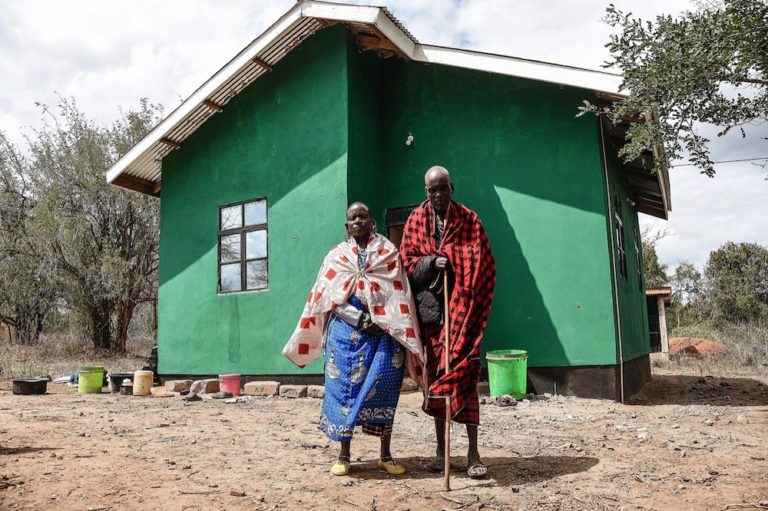(MISA/IFEX) – A few days after the arrest of three journalists in Mara Region, northern Tanzania, 31 August 2001 newspaper reports stated that police have continued to arrest more writers, including those who were in the region to witness the signing of an agreement between two warring clans, Walyanchoka and Waanchari. According to a report […]
(MISA/IFEX) – A few days after the arrest of three journalists in Mara Region, northern Tanzania, 31 August 2001 newspaper reports stated that police have continued to arrest more writers, including those who were in the region to witness the signing of an agreement between two warring clans, Walyanchoka and Waanchari.
According to a report by allafrica.com, nine journalists from mainstream private newspapers were arrested in the region on 30 August, while they were travelling to Kabiterere village where clan fighting between the two tribes erupted. They were taken to Tarime police station and placed under custody. The reason for the arrest was not immediately established, but it was reported that authorities in the region dislike journalists because the latter were digging into the ongoing tribal clashes in the area.
The arrested journalists were in the Tarime District to get first hand information about the crisis. They are George Marando (Television-ITV), Athuman Hamis, photographer (“Nipashe” newspaper), Cassian Malima (editor, “Mtanzania” newspaper), Florian Kaijage (Television-DTV), Deus Ngowi (journalist, “Mwananchi” newspaper) and Said Msonda (journalist, “Nipashe” Newspaper). Also arrested, according to BBC correspondent Erick Nampesya, are Samson Chacha and Hamad Kitumbo.
This is the second time in about three days that journalists have been arrested in Tarime in connection with the clashes between the aforementioned two clans. Three journalists were arrested in the first incident. They are Richard Mganda (“The East African”), Dismas Ayukile (“Majira”) and Erick Nampesya (BBC). Thus far the government has not reacted, but the Tanzania Media Council has expressed its concern about the incident.
Analysts say that the arrest of journalists by regional authorities could be an attempt to silence them in order to hide the truth about the ongoing clashes between the two tribes. So far, more than 4,000 members of the Walyanchoka clan from Kabiterere village in Tarime have fled into Kenya because of the fighting between their clan and that of the Waanchari over bhang farming. At least ten people have been killed.
Information from the troubled area suggests that the residents have taken refuge in Mtimrabu village in Kenya. According to the reports, men from the Walyanchoka clan are hiding in hills ready to swoop down on members of the Waanchari clan. They are reported to be armed with spears, machetes, axes, bows and arrows. It was earlier reported that bhang farming was becoming a lucrative business in the district. The product is said to have a ready-made market in Kenya. Clashes between the two fighting clans is said to have erupted when one of the clans started collaborating with police in an attempt to destroy bhang plantations.


